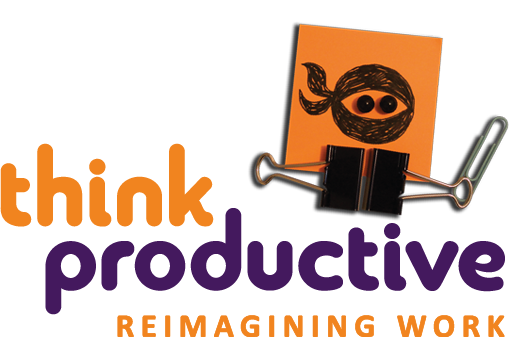I recently started reading Gretchen Rubin’s latest book, ‘Better Than Before’. Her last book, ‘The Happiness Project’ was all about achieving happiness, and this one is no different. Better Than Before explains how happiness can be achieved through maintaining good habits, i.e. things we do without thinking and which don’t require much self-control.
‘I need to start running’, ‘I should start waking up earlier’, ‘I need to start saving more regularly’. These are all common examples of habits we might set ourselves – whether or not we maintain them is another matter.
Why do we break habits?
I would consider a bad habit to be something I do automatically, without thinking, and that I want to change. Looking at my phone first thing in the morning and last thing at night is a prime example of one of my bad habits. Time after time, I complain of feeling tired from lack of sleep, but when I ask myself why I’m tired, often the answer is right in front of me. Literally. According to research, being exposed to artificial light before you go to sleep disrupts your body’s circadian rhythms, which can affect how well you sleep. Because I’m tired, I’m also less likely to achieve the ‘good habits’ I set myself, for example, going for a run early each morning, or making the most of my weekends by not sleeping in.
We’re also more likely to break a ‘good habit’ if it only affects us and no one else. Studies show that we are more likely to go to the gym if we have a workout partner. If we’re going solo on the other hand, it’s easy for us to put off going until tomorrow, justifying the choice with an excuse such as feeling too tired or being too busy. ‘Tomorrow logic’, as Rubin calls it, ‘wastes time.’ When we decide we want to change something, we should do it in that moment, without hesitation. The challenge won’t be easier a day or a week later, so stop making excuses!
A string of habits (good or bad) is better known as a ‘routine’. Too much routine affects productivity, so it’s good to switch it up. A morning coffee is part of my daily routine, and not long ago, I decided to give it up for a week. ‘This isn’t so bad,’ I thought, so I gave it up for two weeks. Then a month. Eventually, I’d gone so long without coffee that I no longer considered it to be a bad habit. As part of my routine switch-up, I also decided I would wake up early five days out of seven. But the decision to wake up earlier left me feeling far more tired than before, thus causing me to resort back to my old friend, caffeine. If you find changing habits leads to a similar pattern of events, try conquering one at a time!
Make a productive change and adopt good habits
In order to make good habits stick, the first step is the most important (and often the hardest). Once you’re past the hurdle of week one, you will find the process becomes a lot more automatic (like giving up coffee for instance). Remember that often, starting is harder than continuing.
For me, I’m far more likely to stick to a good habit if there’s a clear goal in sight. I know that in order to move to Canada and get my own apartment, I need to save. Yes, I could give up my social life, but I want to have fun while I’m at home, so I need to look at saving money elsewhere. When I calculated how much I spend on travel and lunch daily, it equated to around £55 a week. Throw in a takeaway coffee every morning and that’s practically a day’s wages down the drain each week. By bringing in my own lunch, I’m creating a good habit whilst eliminating a bad one. Working from home one or two days per is an added bonus.
I also find I’m far more likely to keep up good habits if my starting steps are small and manageable. If you want to wake up early, start by setting your alarm early three or four days a week. That way you’re creating a good habit, but by allowing yourself room to fail, you’re less likely to throw in the towel completely. In the same way, people are more likely to stick to a diet if they allow themselves a ‘cheat day’ once a week.
A lot of people would agree that starting small helps us form habits faster, although this may not be the case for everyone. Rubin says her friend wanted to learn French, so he moved to France for six months. In the same way, some people find it easy to adopt new habits, while others find it an impossible task – it entirely depends on the individual. For those people that find it an impossible task, ask yourself why. Good habits should be things we want to maintain in our lives permanently -anything else is just temporary change. So make a list and try these techniques. Once you’ve overcome the first hurdle, soon enough, you won’t even have to think about it.
By Emma Gibbins






Great read. Overcoming the initial hurdle certainly makes it a lot easier adopt good habits and break bad ones. Thanks, Niraj (Founder at hiverhq.com)